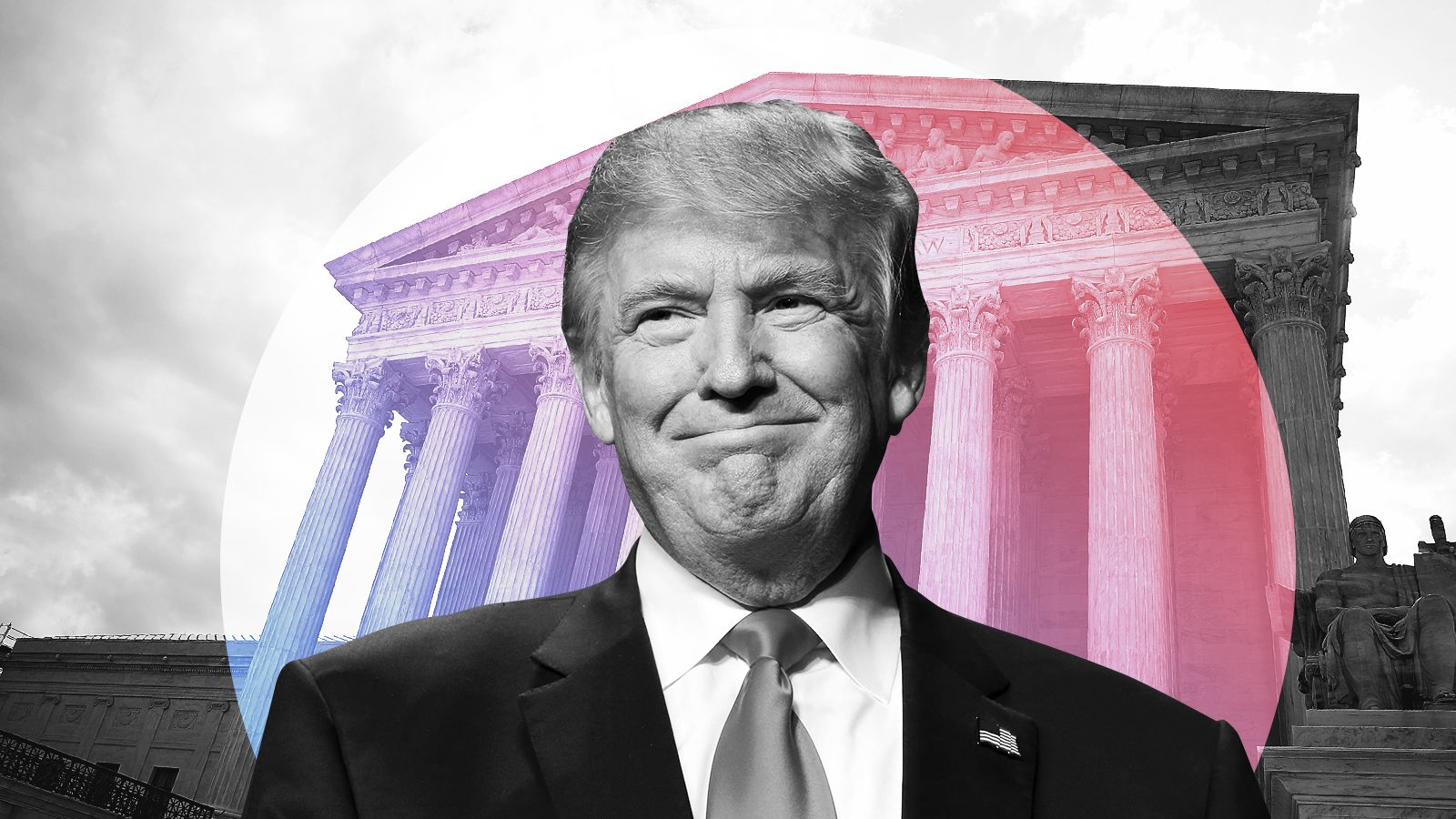The Supreme Court’s decision to hear former President Donald Trump’s claim of immunity from criminal prosecution has placed the justices at the heart of election-year controversy. The verdict on Trump’s alleged subversion of the 2020 vote will not be delivered before summer.
The highest court in the land seeks to have the final say on Trump’s immunity assertion, potentially affirming the comprehensive ruling of the lower federal court that dismissed Trump’s broad claim. This move marks another victory for Trump, who frequently criticizes the justice system.
The case, Trump v. United States, signifies another chapter in the tense relationship between the court and the former president. Trump’s policies and personal affairs have consistently stirred the justices, while his appointment of three of the nine justices significantly swayed the court’s leanings to the right.
Wednesday’s action by the high court, composed of six conservatives and three liberals, provides Trump with a new measure of success and more time before a potential trial on election subversion in Washington, DC. The court announced that Trump’s appeal would be heard the week of April 22, with a decision expected by the end of June.
While the timetable is fast compared to the regular calendar for high court proceedings, it introduces a new level of uncertainty for the political calendar and Trump’s efforts to avoid federal trial before the presidential election. Trump may not face trial for his conduct related to the 2020 election before the 2024 election.
Trump was indicted last year on charges related to his refusal to accept the 2020 election results, including conspiracy and obstruction charges tied to protests that culminated in the January 6, 2021, attack on the US Capitol. Special counsel Jack Smith urged the justices to let the DC Circuit decision against presidential immunity stand and allow the case to go to trial, stating, “The charged crimes strike at the heart of our democracy.”
Despite existing precedent suggesting Trump may lack a fair prospect of success on his broad claim, Wednesday’s action shows that a majority of the justices are open to at least hearing him out. The Trump litigation this session will be defining for the court, which already has several important disputes on its slate for the annual 2023-2024 session.
Trump’s first criminal trial, a 34-count indictment of falsifying business records brought by Manhattan District Attorney Alvin Bragg, is set to begin in New York on March 25. The former president has denied the affair and pleaded not guilty to the charges.
On Wednesday, Trump celebrated the Supreme Court’s action on social media, stating “legal scholars are extremely thankful” and reinforcing his pattern of praising court actions that favor him. However, if the justices ultimately deny him immunity from trial, his reaction may be different, as seen in 2020 when the court majority turned against his administration.

